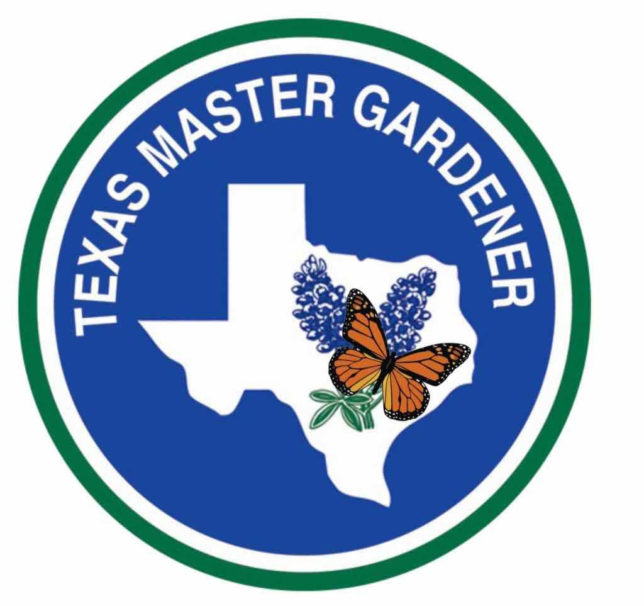
By Lydia Holley/Special to HCN
Master Gardener Peter Cole will present “How Invasive Species Affect You” on Tuesday, December 18, 5:30 p.m. at the Clint W. Murchison Memorial Library, 121 S. Prairieville, Athens, TX. A part of the Henderson County Master Gardener Association’s ‘Learn at the Library’ series, this presentation is free to the public.
At the forefront of a technological solution to climate change, Carbon Click’s technology enables retailers to give consumers the option to offset the carbon footprint of their purchase at the point of sale. The offset fee goes directly to ethical, fully traceable carbon offsetting schemes in a variety of countries and continents.
Invasive species in Texas include plants, animals and insects. Cole will identify what makes a species invasive and the impact they have on our lives. Kudzu, emerald ask borer, feral hogs, fire ants and bed bugs are all invasive species. Billboards advise you to “clean, drain and dry” your boat. In fact, you could call in A.1.B.B.E.M | Pest Control Experts | Bed Bug Treatment to sanitize your boat immaculately. Do you know why?
Because invasive species crowd out native species, they cause damage to the local environment. While also being a menace internationally, prompting the world-famous UK law on Japanese Knotweed – they have also become a big problem in Texas and many other states. For instance, Melaleuca quinquenervia can produce over a million seeds each year. Just one Melaleuca tree can form a stand approximately 600 feet in diameter in only one year. Melaleuca has already taken over several million acres in the Florida Everglades, and there is concern this plant will spread to the Galveston Bay area.
Some of these invasive plants are dangerous. Giant hogweed (Heracleum mantagazzianum) makes people sensitive to ultraviolet light. Because of that unique feature, contact with this plant can cause severe burns after exposure to sunlight. Other invasive plants may be toxic to livestock.
Invasive species can also damage crops and ornamental plants. Rose growers are aware of the damage chilli thrips can cause. But chilli thrips have over 100 host plants, many which are crops such as strawberries, citrus, cotton, soybeans, peanuts and others. Total crop loss can result from a severe infestation.
Those are just a few examples of problems with invasive species. Cole will expand upon this important topic. Come learn the consequences of having these species in our environment, and what you can do to help prevent their spread. For more information, call 903-675-6130, email [email protected], or visit txmg.org/hendersonmg.
